The biology major and health studies minor is starting medical school at the University of California, San Francisco.
-

-
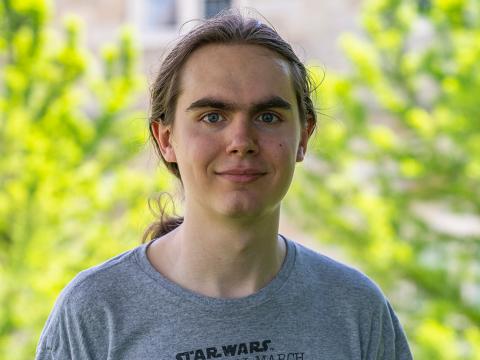
The physics and math double major is studying particle packing and deformation with Assistant Professor Ted Brzinski.
-
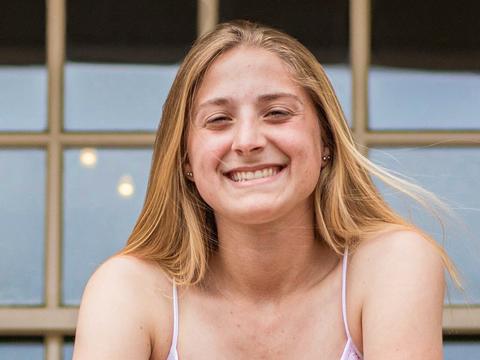
The biology major and environmental studies minor is researching and cataloging plants and insects with the Smithsonian Conservation Biology Institute.
-
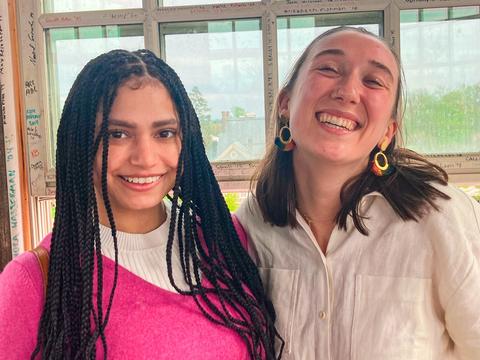
For their theses, the psychology majors researched how children internalize prejudice.
-
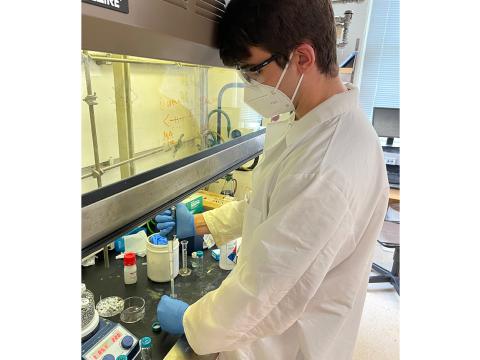
The prospective physics and chemistry double major is researching perovskite solar cell application and stability with Professor Alexander Norquist.
-

The environmental studies major is working as a GIS assistant, analyzing data from 11 national parks across seven states.
-

Inspired by her love of baking, the chemistry major and Italian studies minor synthesized a new chemical that can be used to catalyze other chemical reactions.
-

The physics major developed a method of autonomous spacecraft navigation, by which satellites can pinpoint their own location.
-
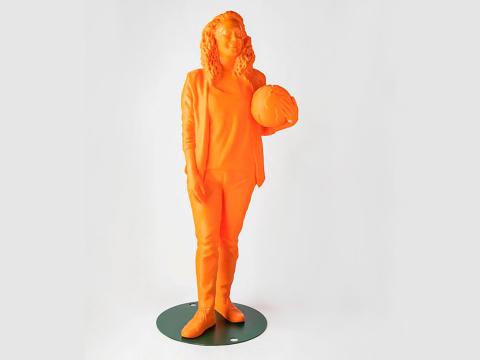
A life-size 3D-printed statue of Miriam Fuchs '13 became part of #IfThenSheCan-The Exhibit.
-
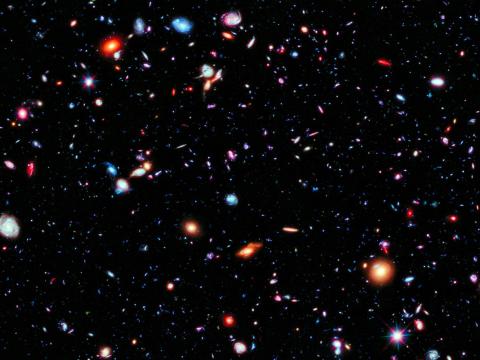
This first-year writing seminar explores the biggest questions in the Universe, along with other recent developments in astrophysics via a series of writing assignments.
-
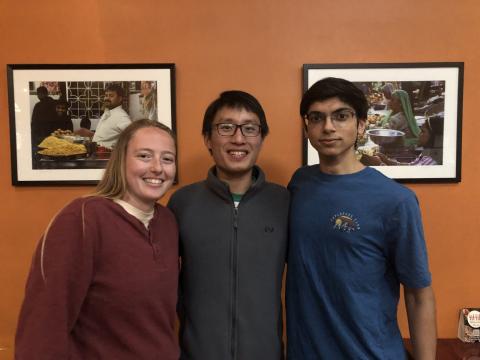
Trinity Kleckner ‘24, Sam Tan ‘23, and Wahub Ahmed ‘25, the creators of altruiSMS, won the award for Best Hack for Social Good.
-

This psychology course is a skill-building workshop in the many forms of communication central to psychological science, including writing funding requests, research proposals, empirical research reports, research reviews, and peer reviews.
-
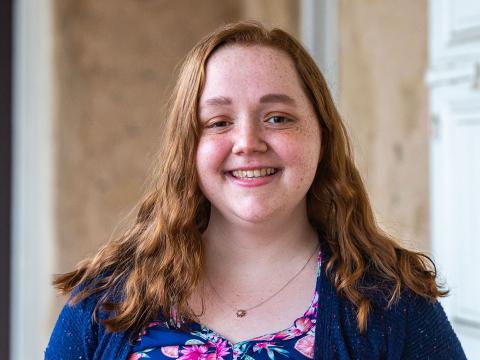
The chemistry major and biochemistry concentrator is one of 417 college students across the country selected for the award that supports undergraduates who aim to pursue research careers in the natural sciences, mathematics, and engineering.
-
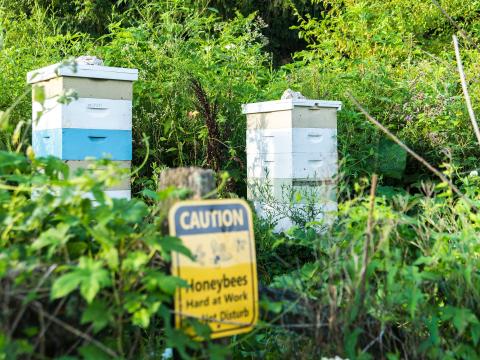
The Haverbee Club supports Haverford’s pollinating populations and educates students on the importance of bees in sustaining natural environments.
-

This environmental studies course explores the biology of plants using case studies of economically important plants to illuminate themes like hybridization, monoculture, and adaptation.